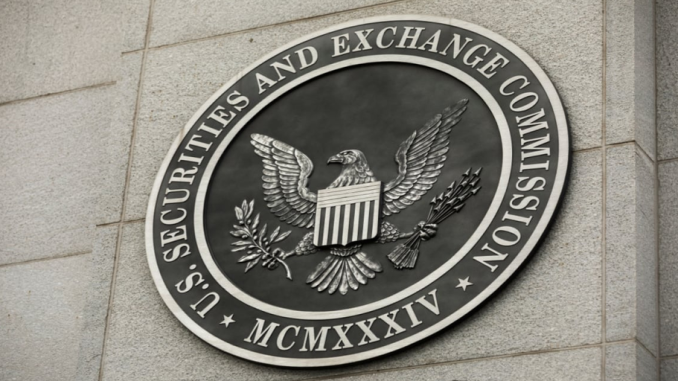
The U.S. Securities and Exchange Commission believes Filecoin’s FIL token qualifies a security, according to a Wednesday announcement from Grayscale Investments.
The major crypto investment firm had applied to the SEC to launch a Filecoin Trust product, which would give investors indirect exposure to FIL. (Disclosure: Protocol Labs, the company behind Filecoin, is one of Decrypt’s 22 investors.)
But the SEC told Grayscale in a letter yesterday that FIL “meets the definition of a security under the federal securities laws” and, therefore, the application must be withdrawn, according to the firm.
“Grayscale does not believe that FIL is a security under the federal securities laws and intends to respond promptly to the SEC staff with an explanation of the legal basis for Grayscale’s position,” the company said in announcing the SEC’s finding.
Protocol Labs, the company behind the Filecoin protocol, did not immediately respond to Decrypt’s request for comment.
FIL, the 33rd biggest digital asset by market cap, dipped on the news: it is currently trading for $4.54, according to CoinGecko—down 1.2% in the past hour.
The SEC is going hard after the digital asset industry. This year, it has hit a number of American crypto companies with fines it claims are selling unregistered securities.
The regulatory body often won’t define a single digital asset as a security but points to the Howey test—which labels an asset an “investment contract” if investors pledge their money to fund an enterprise with the intention of making profits from its efforts.
Under SEC Chairman Gary Gensler, the SEC has already gone after American crypto exchanges Kraken, Bittrex, and Coinbase for allegedly selling unregistered securities.
Gensler claims that most digital assets are securities—but not Bitcoin, the largest cryptocurrency by market cap.
Grayscale is a major digital asset investment firm. Its biggest product is the The Grayscale Bitcoin Trust, which gives investors exposure to the biggest cryptocurrency by market cap by allowing investors to trade shares in trusts holding large pools of Bitcoin.





Be the first to comment